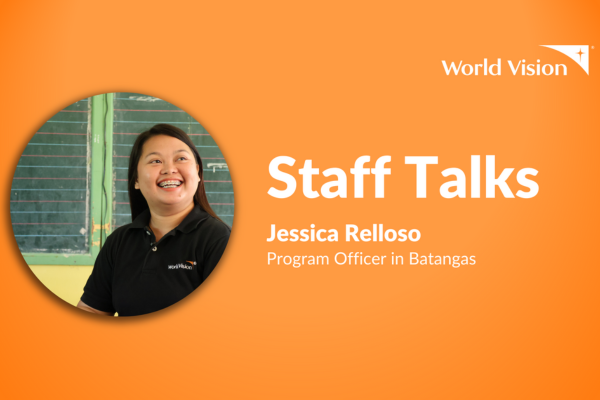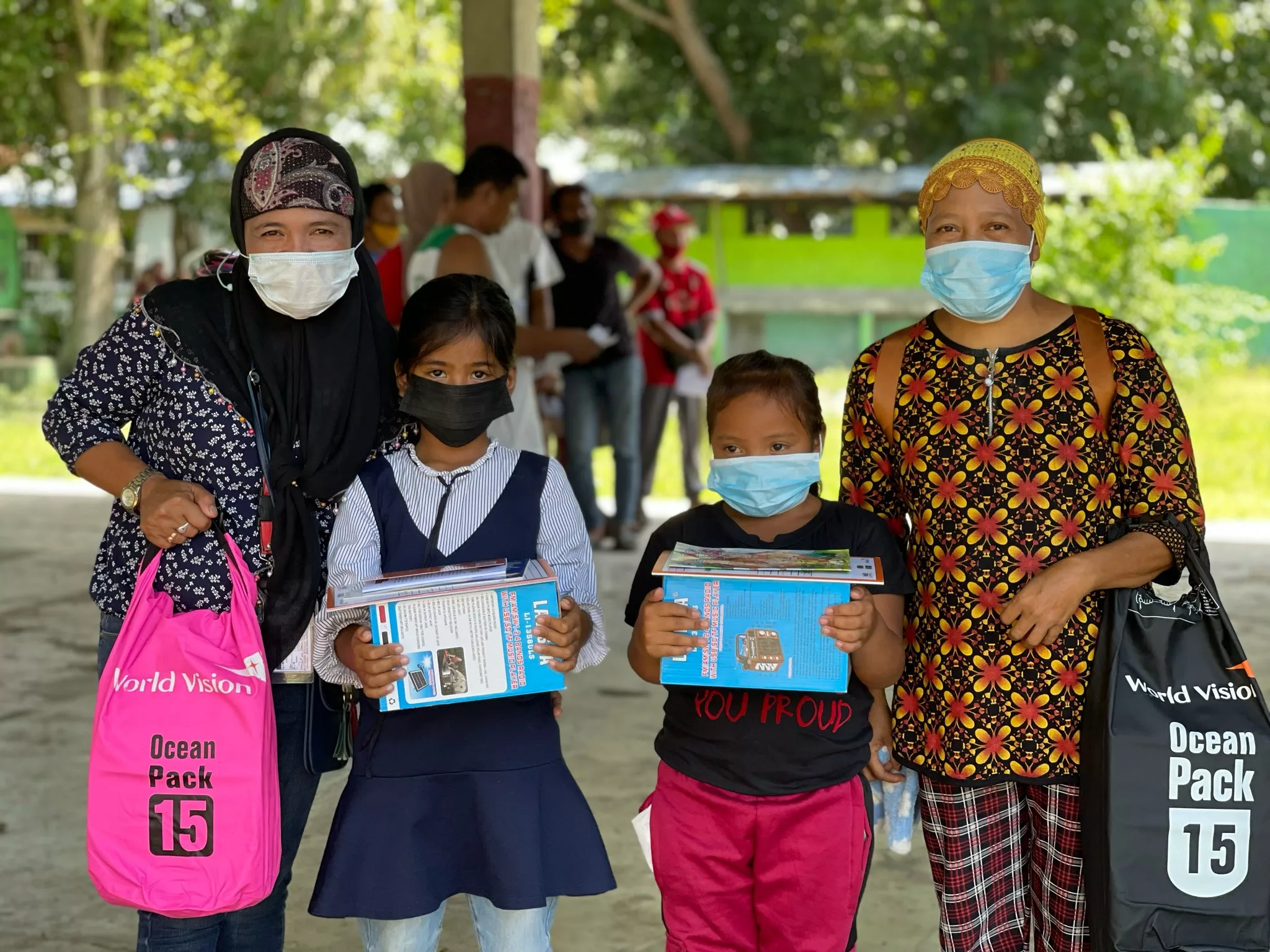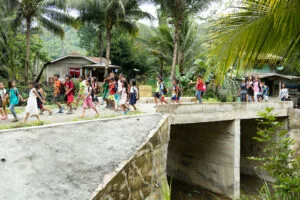Ariel improves reading skills during lockdown periods
A young boy from a rural town in the Philippines has defied the trend that is happening in the education sector during the pandemic. He has improved his reading skills from struggling to fair. Here’s how he did it:
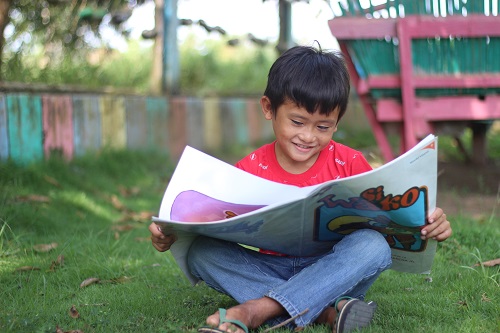
When the lockdown measures started during the middle of March in 2020, school classes were also abruptly cancelled. Children has been staying at home to avoid contracting the COVID-19 virus.
With the government and the Department of Education’s efforts, classes, using the Blended Learning Approach, finally resumed in September 13 the same year. However, the supposed two-month summer break of the students was extended to five months. The long break affected the learning progress of many students.
In a quaint town in the province of Bohol, a public elementary school used to be bustling with students during weekdays. When the classes were suspended, only teachers and their printers were the only ones left working in the premises.
The school also has their fare share of struggle among its learners. There were only five learners who are poor and non-readers before the classes were suspended but because of the long summer break, the school recorded an increase which reached up to 12 students.
“When the classes resumed, we conducted an assessment of the reading capacity of the students in our school. We found out that some students who just learned how to read last year have forgotten the skill because of the many months without practice,” says the school’s Head Teacher, Mrs. Evelyn Golosino.
To address this concern, the head teacher and the teachers ensured that the students will learn back the basics of reading through the Marungko approach or learning phonic sounds. The teachers also coached the parents each time they went to the school to get the printed modules. This way, they can properly teach their children at home.
The teacher also lent Adarna big books to supplement the reading practice of the students. “With the big books, the children will be attracted to reading because of the child-friendly and engaging visuals,” shares the head teacher. “We thank World Vision who donated around 50 Adarna books to our school, including printers and boxes of bond papers for our learning materials production,” she further shares.
32-year-old mother, Charina, is one of the regular borrowers of the big books. She shared that storytelling with the big books is her way of bonding with her five children. After working in the market, she then spends time with her children and tell them stories with the help of her eldest child.
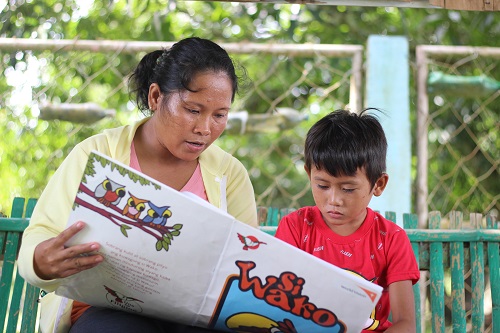
Charina’s third child, Ariel, is the one who benefitted the most from their storytelling sessions. He was a struggling reader who declined as a non-reader because of the long break during the start of the pandemic.
“My son could already vocalize phonic sounds and read basic words during his first grade but he wasn’t able to practice it for a long time. When he entered 2nd grade, he could no longer read. It is maybe because he forgot his lessons,” shares the mother.
When she started bringing the big books at home, Ariel wasn’t actively participating. Charina said that his son would just listen silently while his siblings interact and read along.
After a few sessions, Ariel’s interest grew. He began joining his siblings in reading along. Charina also spends one on one sessions with him to teach him back with the phonic sounds and reading basic words.
In a span of eight months of learning, Ariel is now considered a fair reader. He can already read Tagalog and English words. “My favorite book is Si Wako because I love the story,” says the 8-year-old boy.
“Reading is a very important skill for the young learners because it will aid them in all aspects of learning,” shares the head teacher.
The school also covered the big books with plastic cover and labeled it properly before lending it to the parents.
Like Ariel, World Vision hopes to reach more children and support their education during the pandemic.




